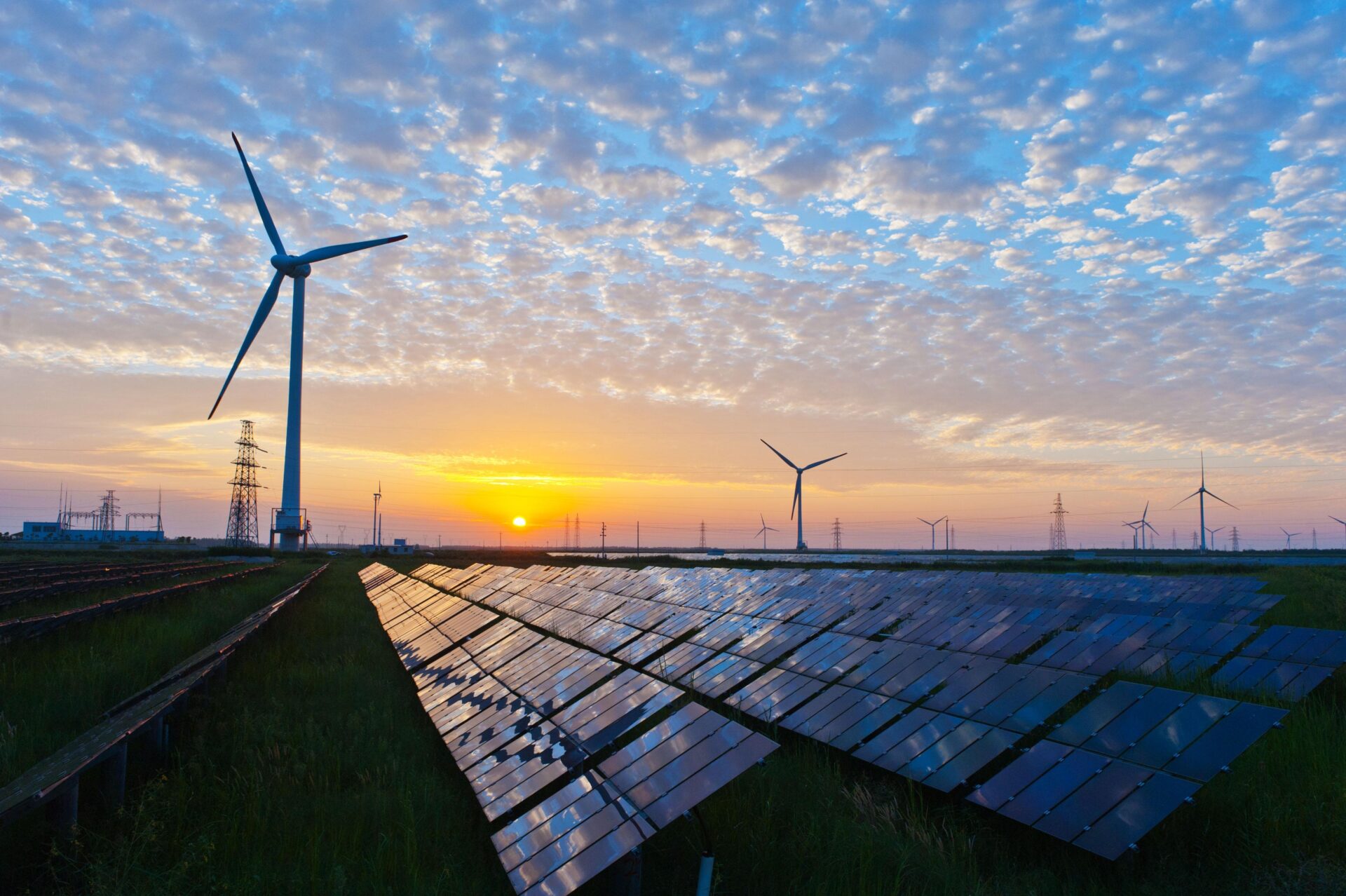Make of it what you will. Not long ago, the Western world was groaning under sky-high energy prices. Oil tapped $125 a barrel last summer, not far off the all-time record of $150 from 2008. Gas cost ten, eleven times as much as normal. Companies went bankrupt, consumers sometimes had to set the thermostat to 15 degrees in winter out of sheer necessity. All as a result of the energy war that broke out between Russia and the West after Russia's invasion of Ukraine last year.
But those looking at prices now may wonder if there is still an energy crisis. For months, oil and gas prices have been falling. The main European gas price (TTF) dipped below 40 euros for the first time this week. Still twice as high as before the war, but compared to last year's extreme levels, it already feels almost like "familiar" again.
The main oil price for Europe (Brent) hovered around $70-75 this week - a level last seen well before the war. After the outbreak of unrest around U.S. banks, oil prices in particular took another hit. In the days immediately following, nearly 20 percent went off.
And that's while things remain grim on the energy front. Russian President Putin already sharply cut supplies of gas to Europe last year, but the Kremlin is threatening to cut off the latest supply as well. Four months ago, European countries themselves began boycotting Russian oil. And since early last month, they have also stopped buying Russian diesel.
There are concerns about new attacks on crucial energy infrastructure on which Europe now depends, such as last year on the Nord Stream pipeline. The boss of Norwegian energy company Equinor, Europe's new court supplier, said just two weeks ago that his company is working "full steam ahead" to tighten security on the gas pipes.
In such a tense climate, a "normalization" of prices still looks a bit strange. What is going on? And above all, where is this going?
For consumers, falling energy prices don't immediately mean good news
First things first: for consumers, none of this means good news just yet. Fuel prices in the Netherlands are only partly determined by the price of crude oil, partly because (hefty) excise duties are also incorporated in the price. Large decreases in oil prices therefore translate into (considerably) less steep decreases in gasoline and diesel prices.
And consumer gas prices often only follow wholesale market fluctuations with a time lag, even when people have variable contracts (currently more than 90 percent). In practice, prices are often fixed for two or three months anyway. Therefore, they only notice price drops after a while.
Disaster scenario
As for oil prices, they are now falling simply as a result of the fact that scarcity is now a lot less. In the run-up to last year's extreme price spike, there were fears of major global shortages as one of the main suppliers - Russia is the third largest oil producer after Saudi Arabia and the United States - could fall away.
Here's the thing. First, Western countries feared that Russia would also use oil as a "weapon" to put pressure on the West, as well as its gas, thus reducing the total amount of oil on the world market (and thus fiercer competition for it). Later, they themselves began working on a boycott and ban on insuring shipments of Russian oil, which threatened to have the same effect. Indeed, the latter would also make it more difficult for countries such as China and India to buy the oil, since such insurances are mainly taken out in Western financial centers (London).
But the elimination of Russian oil flows did not eventually happen, taking the pressure off. Russia did not cease its exports, and Western countries, especially the U.S., were themselves so fearful of shortages that they devised a goat trail to prevent them. They introduced, in addition to their insurance ban, an "international" maximum price for Russian oil, and those who complied could still get insurance.
You could see that as undermining their own sanction, but it did result in Russian oil continuing to flow. Russia would still be hit, by the way, because it would have to sell its oil at that lower price, proponents claimed.
Meanwhile, there are developments that may actually lead to a surplus in the market. In the U.S., and to a lesser extent in Europe, central banks are gradually raising interest rates in an attempt to combat skyrocketing inflation (helped by high energy prices). But that also puts a brake on economic growth because it makes borrowing more expensive and thus investment more unattractive.
That again weakens demand for energy. Four in 10 Americans now reckon with a recession, a recent poll by news channel CNBC showed. Oil traders' hopes are pinned on China, which is "open" again after two years of stifling corona policies. But Chinese economic growth in the first two months of this year fell (slightly) short of expectations.
The sharp price declines following the fall of the U.S. Silicon Valley Bank two weeks ago can be explained from the same "recession fears. Yes, there were savvy traders who tried to take advantage of the panic by speculating on a price drop, causing extra sharp price swings. But the drop also had to do with real concerns. A further escalating banking crisis will weigh heavily on the economy, just as happened in 2008. After the banking crisis that year, Europe and the U.S. entered a deep recession, in part because banks became extremely reluctant to lend money.
Analyst Hans van Cleef of consultancy Publieke Zaken: "If the turmoil in banking country continues, the gate will be opened. Then you get a repeat of 2008." After the banking crisis, oil prices plunged unprecedentedly, from $150 a barrel to less than $30, in a few months.
Blind panic
When it comes to gas prices, there are many parallels. Last summer's spike was primarily the result of major concerns about impending shortages, particularly during last winter. Those concerns arose after Russia began shutting off gas taps last April. EU countries started hoarding alternative (liquefied) gas to avoid shortages, but they did so all at once, causing prices to skyrocket. "Germany went up against the Netherlands. The Netherlands against Italy. Italy against Belgium," said Ben Woldring, founder of the website gaslicht.com, which maps energy tariffs for consumers. "That could have been more coordinated."
But now prices are falling again because there is much less scarcity. In part, this is due to the efforts of European countries - households and businesses have cut their consumption massively (in the Netherlands 25 percent compared to 2021). But the "luck" factor should not be underestimated either. European countries were fortunate that the Chinese economy was still largely locked last year, which meant that Chinese demand for energy was significantly lower than usual and thus there was much less competition. Moreover, the winter was relatively mild, so less gas was needed as well.
Where things are headed now remains to be seen. If there is indeed a recession coming, driven by an escalating banking crisis (Finance Minister Kaag warned just this week that Europe must remain "vigilant") or by further interest rate hikes, it is quite conceivable that oil and gas prices will fall further. This may also cast a shadow over the energy transition, which has just gained momentum in recent months due to high oil and gas prices.
But there are also plenty of analysts who think that energy prices will actually rise again. Especially as China really crawls out of its corona shell later this year anyway, they believe. China itself is counting on economic growth of 5 percent in 2023. If that indeed happens, fierce competition can be expected for next winter. Because Europe, like last year, will have to replenish its winter stocks in the coming months.
Less is needed than last summer, as storage facilities are less empty thanks to the mild winter. The Ministry of Economic Affairs announced this week that Dutch storage facilities are now 59.2 percent full, down from 20 percent at this time last year. But still a substantial amount needs to be added. Gas is not there for the taking. Large energy companies have invested relatively little in additional extraction in recent years because it has become increasingly controversial due to climate change. As a result, the "supply side" is not holding up.
The pressure may ease for a while now, analyst Van Cleef said. But new "price risks" loom on the horizon, he said.
©NRC


